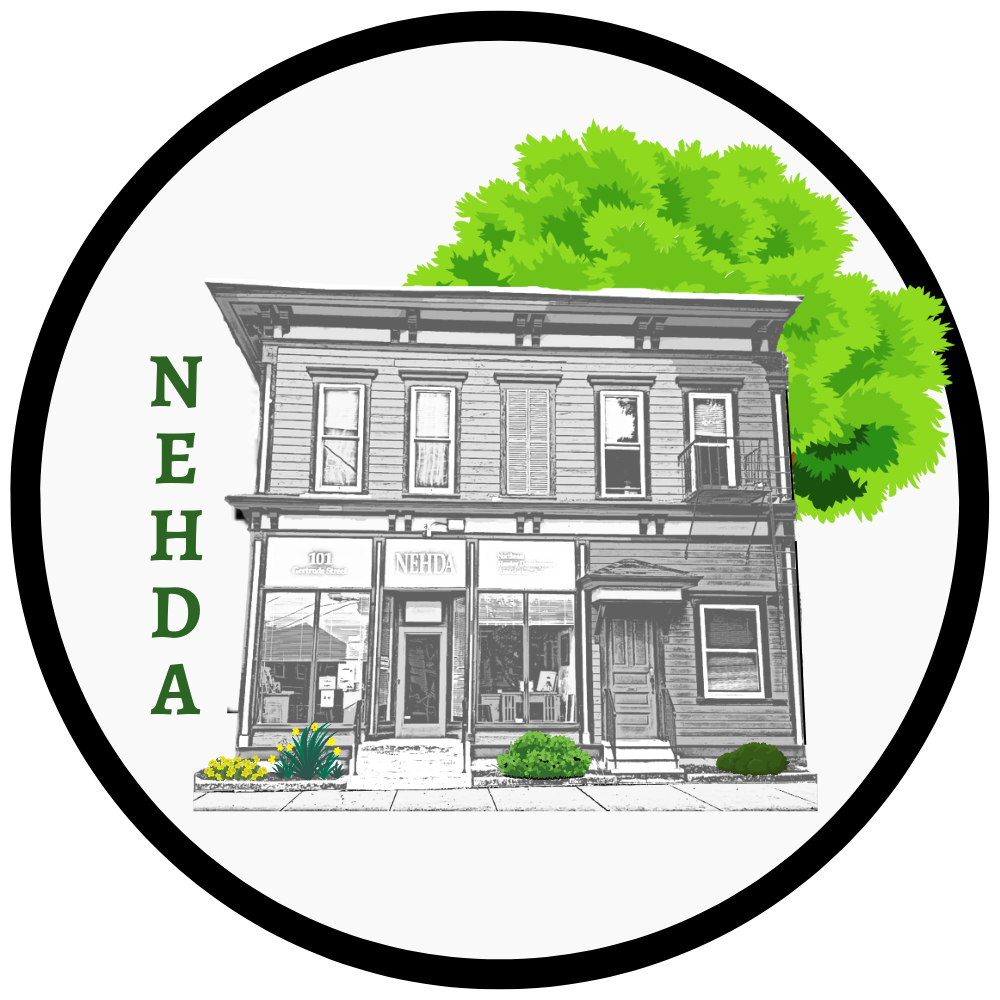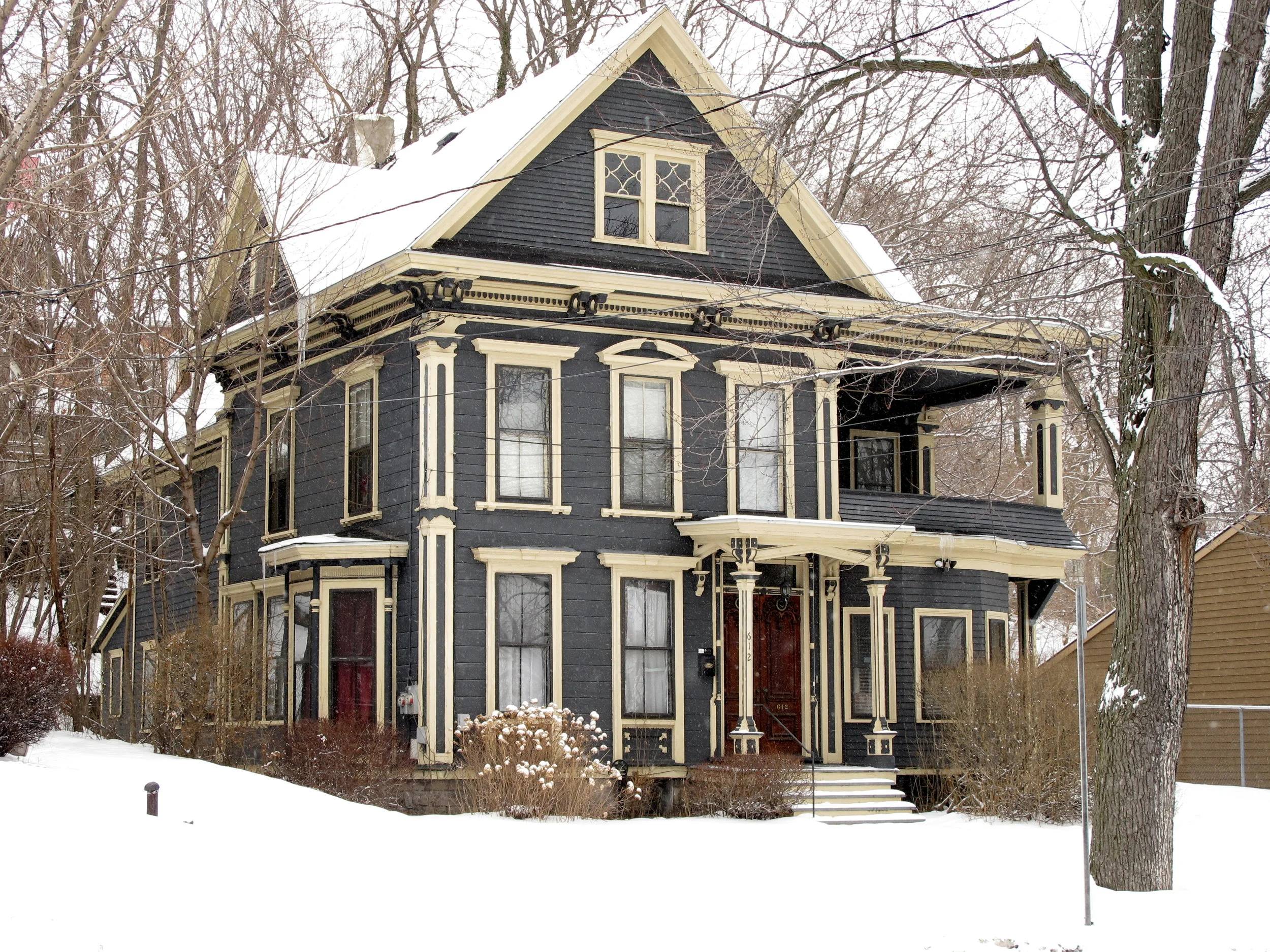History
NEHDA was founded in 1974 by Msgr. Robert Davern, then pastor of St. Vincent de Paul Church, to address concerns expressed by neighborhood residents. They spoke of the aging and deteriorating homes in the area, the loss and lack of employment, the flight to the suburbs, the increasing number of non owner occupied properties, and the increase in a transient population.
A not for profit association was formed and adopted goals based on the needs of the neighborhood; which were quality housing and human service programs.
In the early years, NEHDA provided youth programs and family counseling services, as well as a food pantry. Neighborhood advocacy, empowering residents, and building community were important components in the early years. In 1978, the agency spearheaded the mobilization of area stakeholders, resulting in the establishment of the Dr. Weeks Elementary School and the adjoining Syracuse Northeast Community Center. The community center/school complex was a unique concept, the first of its kind in New York State. Several social service agencies provided programs, counseling, and services for infants, youth, and seniors.
NEHDA continued to operate the food pantry and established a thrift shop to assist local households, but began to concentrate its efforts on housing related issues. The focus was revised in the 1990’s, and today NEHDA devotes the majority of its time and resources toward improving neighborhoods by providing home-ownership opportunities to qualified buyers and by addressing quality of life issues for Northside residents.
Other services include home improvement workshops and neighborhood meetings with guest speakers on relevant topics. These neighborhood meetings not only address crime concerns but also allow a forum for neighborhood issues, new developments, events, and goals. We also host, and are an instrumental part of the Hawley-Green Task Force committee. We have positioned ourselves as the community facilitator for all aspects potentially affecting our quality of life, and will continue to do so. Outreach, advocacy and community building are major components that sustain a positive quality of life for residents and stakeholders within the service area.

